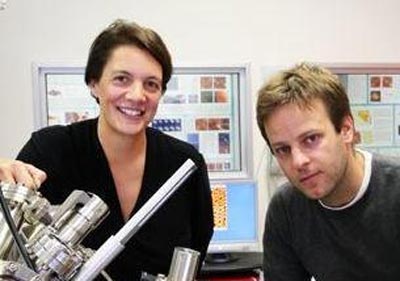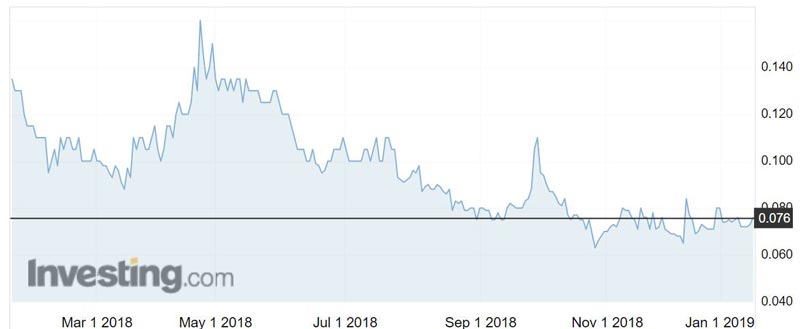Archer hired the guy who invented the ‘single-atom’ transistor to lead its quantum tech team
Mining
Mining
Not many explorers employ quantum physicists — but Archer Exploration found a role for one.
And it didn’t just nab any old quantum genius. It scored the very man who invented the world’s first single-atom transistor.
Graphene-focused Archer has named Dr Martin Fuechsle as its new manager of Quantum Technology.
The news moved Archer’s share price over 4 per cent to 7.6c on Thursday morning.
Dr Fuechsle’s appointment is part of Archer’s strategy to commercially develop materials and technology in the lucrative Quantum Technology field — a market set to be worth US$29 billion ($40.5 billion) by 2021.
“Dr Fuechsle is among the few highly talented physicists in the world capable of building quantum devices that push the boundaries of current information processing technology,” Archer chief Dr Mohammad Choucair said.

Dr Fuechsle has more than 10 years of experience in designing, fabricating, and integrating quantum devices.
He earned his PhD in Experimental Physics in 2011 from the University of New South Wales after completing his Bachelor of Science and Masters in Physics at the University of Regensburg in Germany.
During his career, Dr Fuechsle held a research position as part of the Rio Tinto VK Technologies research group at the University of Western Australia, developing new geological survey instrumentation.
In 2008 he was a member of the Australian delegation at the Lindau Meeting of Nobel Laureates, and in 2013, he was awarded the Australian Institute of Physics Bragg Gold Medal for the most outstanding Physics PhD in Australia.

Archer wants to create advanced materials using its graphene that can be used in energy, health and quantum technologies.
The company has an exclusive licence agreement with the University of Sydney that allows it to develop and commercialise room-temperature quantum computing technology.
During his previous employment at the University of Sydney, Dr Choucair invented the first material known to overcome both the limitations of sub-zero operating temperatures and electronic device integration for qubits.
A qubit — or quantum bit — is the basic unit of quantum information, much like the classic binary bit but using a two-state device.
The conducting carbon material was able to process qubits at room temperature.
Archer says this has the potential to reduce the commercial barriers to quantum computing and make it globally accessible.